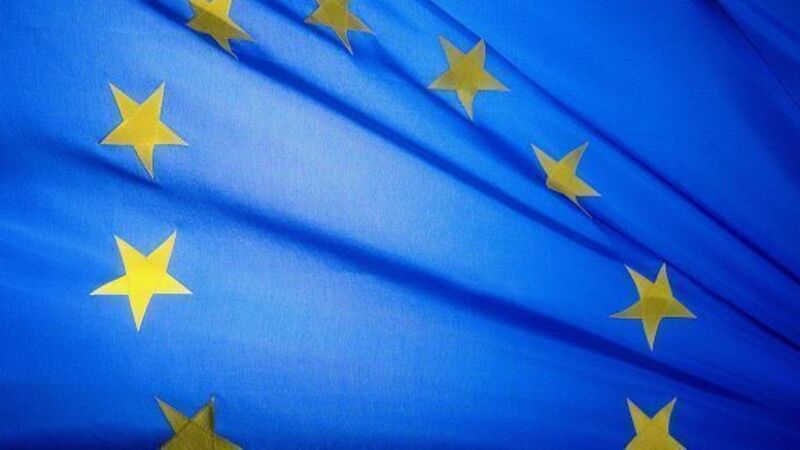Mon, 30 Jun, 2014 - 01:00
Bridging the technology trust divide
Technology is roaring ahead of users’ ability to understand what is involved — and so creating a trust divide.
Already a subscriber? Sign in
You have reached your article limit.
Subscribe to access all of the Irish Examiner.
Annual €130 €80
Best value
Monthly €12€6 / month
Introductory offers for new customers. Annual billed once for first year. Renews at €130. Monthly initial discount (first 3 months) billed monthly, then €12 a month. Ts&Cs apply.
CONNECT WITH US TODAY
Be the first to know the latest news and updates
CourtsColumnistsPlace: BrusselsPlace: EuropePlace: IrelandPlace: RussiaPlace: YpresPlace: SpainPlace: AustriaPlace: BritainPlace: Buckingham PalacePlace: LondonPerson: Ann CahillPerson: Herman Van RompuyPerson: Jose Manuel BarrosoPerson: HoganPerson: Environment MinisterPerson: Phil HoganPerson: BritonsPerson: RomaniansPerson: BulgariansEvent: First World WarOrganisation: European CommissionOrganisation: Cloud Select Industry GroupOrganisation: EUOrganisation: EuropeOrganisation: AppleOrganisation: WindowsOrganisation: GoogleOrganisation: Ireland















